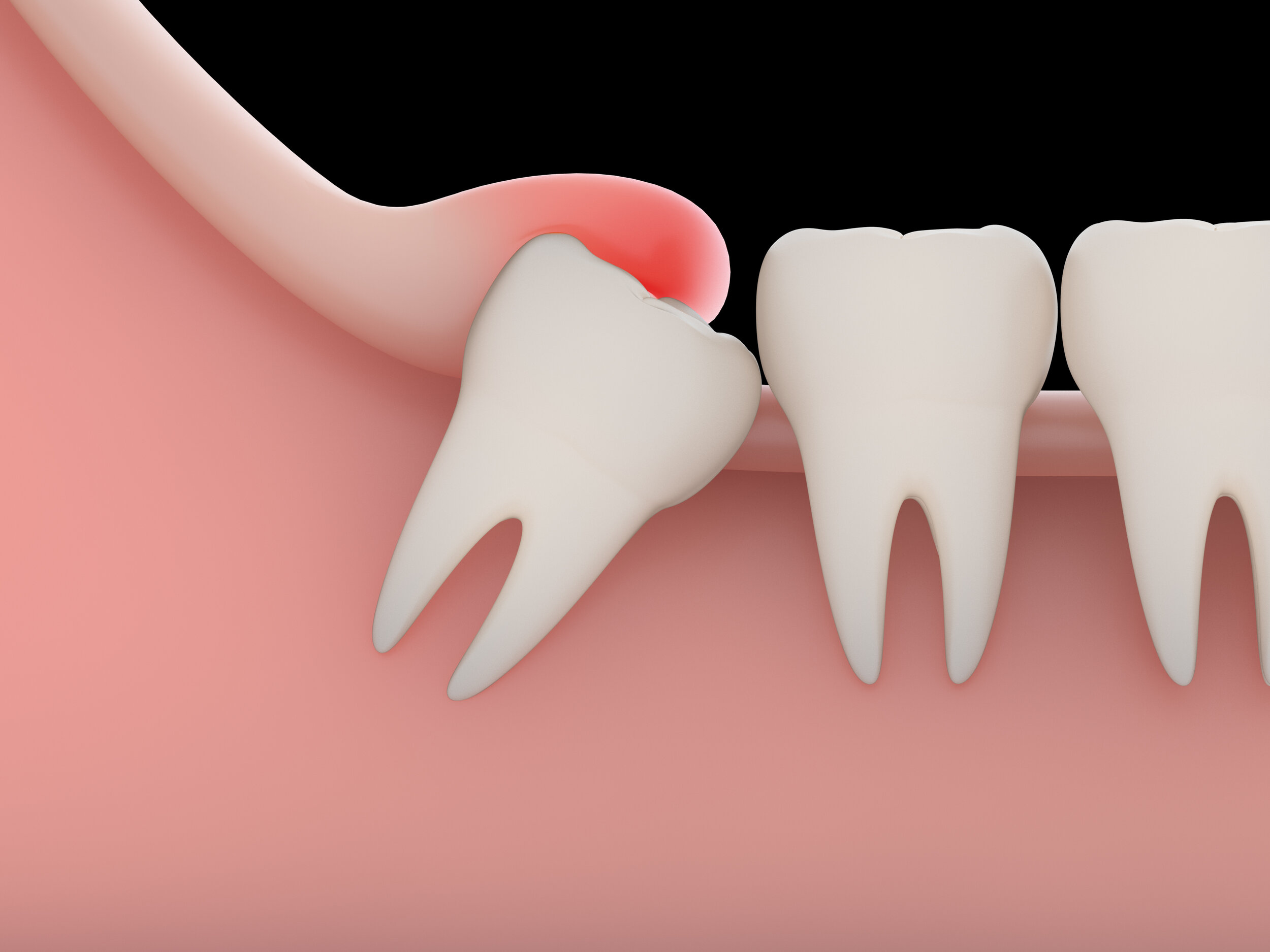Wisdom teeth, also known as third molars, have long been a source of intrigue and confusion. Many individuals undergo the often-painful process of having these teeth removed, only to wonder whether they might reappear over time. In this comprehensive article, we delve into the mysteries surrounding wisdom teeth, exploring the possibility of their natural regrowth and shedding light on the factors influencing their presence.
Contents
Understanding Wisdom Teeth: An Evolutionary Perspective
Evolutionary Purpose of Wisdom Teeth
Wisdom teeth are remnants of our evolutionary past when our ancestors had a more robust diet that required extra chewing power. These additional molars served a functional purpose in grinding down tough, coarse foods. However, as our diets evolved, the need for these teeth diminished, leading to potential complications in their growth.
The Human Jaw Evolution
Over time, human jaw structure has changed due to factors like diet, genetics, and environmental adaptations. While our ancestors had larger jaws to accommodate more teeth, modern humans often face challenges when wisdom teeth attempt to emerge in a jaw that may be too small.

The Enigma of Wisdom Teeth Regrowth
Scientific Perspectives
Contrary to common belief, wisdom teeth do not grow back naturally once removed. Dental science affirms that once a wisdom tooth is extracted, it does not regenerate. However, the perception of regrowth may stem from the incomplete removal of the tooth or residual fragments that might give the illusion of regrowth.
Incomplete Removal and Regrowth Misconceptions
In cases where a wisdom tooth is only partially extracted, remnants may linger beneath the gumline. This can result in the appearance of regrowth when, in fact, it is the same tooth causing complications. Clear communication with your oral surgeon is crucial to ensure complete extraction and minimize the chances of complications.
Factors Influencing Wisdom Teeth
Genetic Predisposition
Genetics play a significant role in determining whether an individual will develop wisdom teeth and how these teeth will emerge. Those with a family history of impacted wisdom teeth may be more prone to complications.
Age and Emerging Patterns
The age at which wisdom teeth emerge can vary, but it typically occurs between the ages of 17 and 25. Monitoring the emergence pattern is crucial, as irregularities may lead to impaction or other dental issues.
Impacted Wisdom Teeth
Impaction occurs when there is insufficient space for the wisdom tooth to emerge properly. This can result in pain, swelling, and potential damage to neighboring teeth. Regular dental check-ups and X-rays can aid in identifying potential issues before they escalate.
Preventive Measures and Oral Hygiene
Maintaining good oral hygiene and scheduling regular dental check-ups are essential in preventing complications associated with wisdom teeth. Early intervention can address emerging problems, ensuring optimal dental health.
Conclusion
The notion of wisdom teeth grow back naturally is a misconception. However, the complexities surrounding their emergence and the potential for complications make this dental topic a fascinating area of study. By understanding the evolutionary aspects, scientific perspectives, and factors influencing wisdom teeth, individuals can make informed decisions about their dental health.



